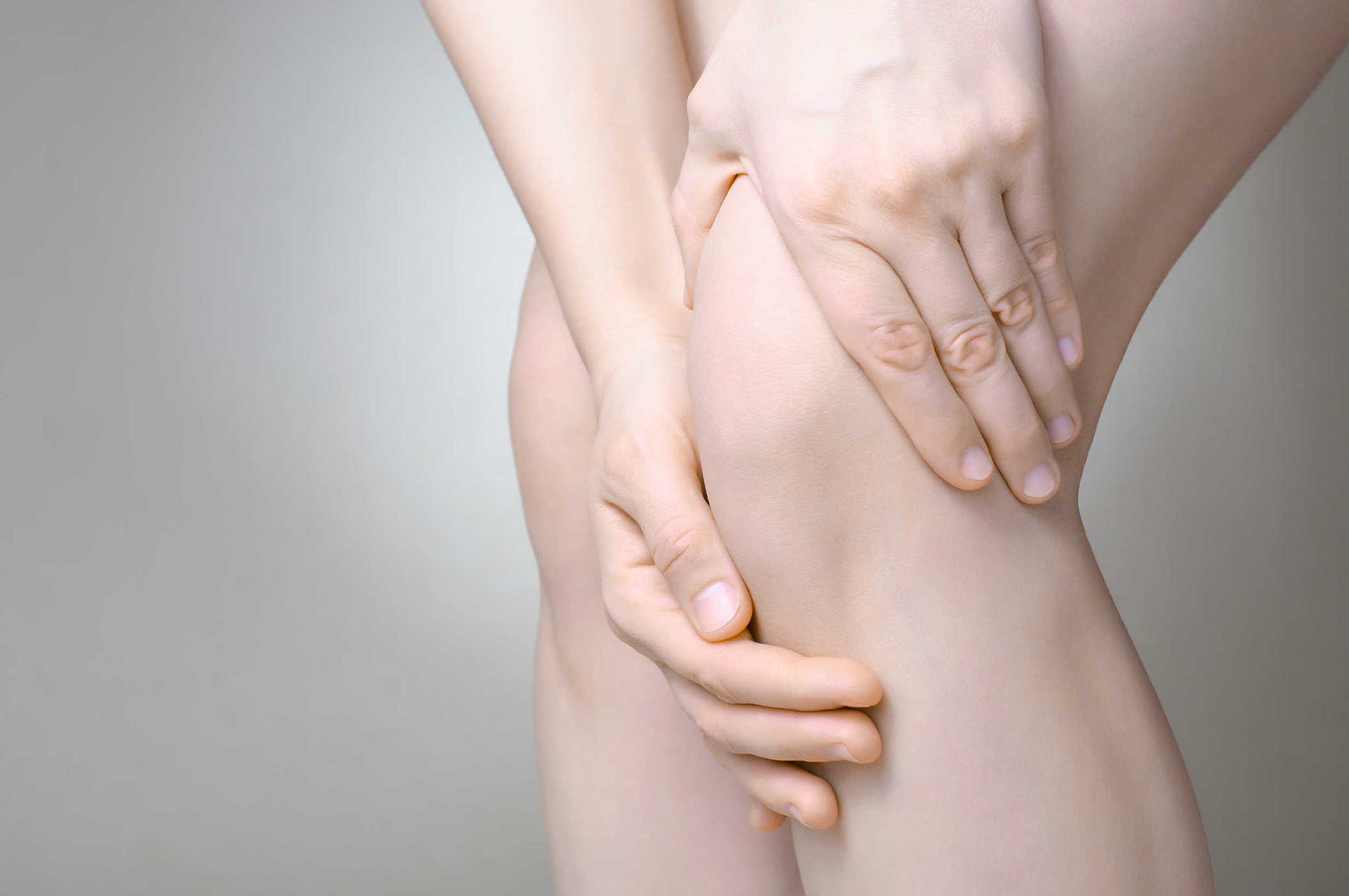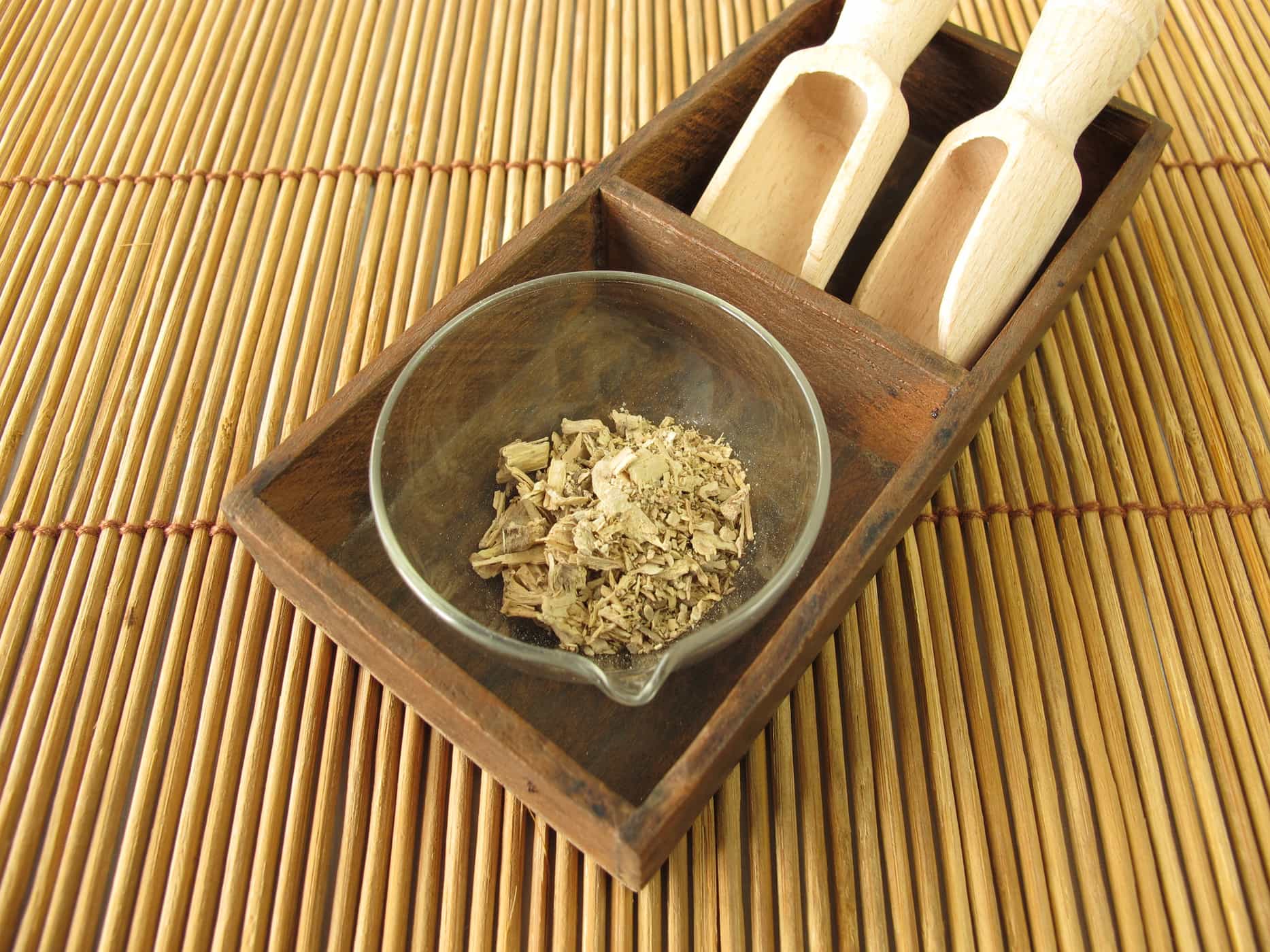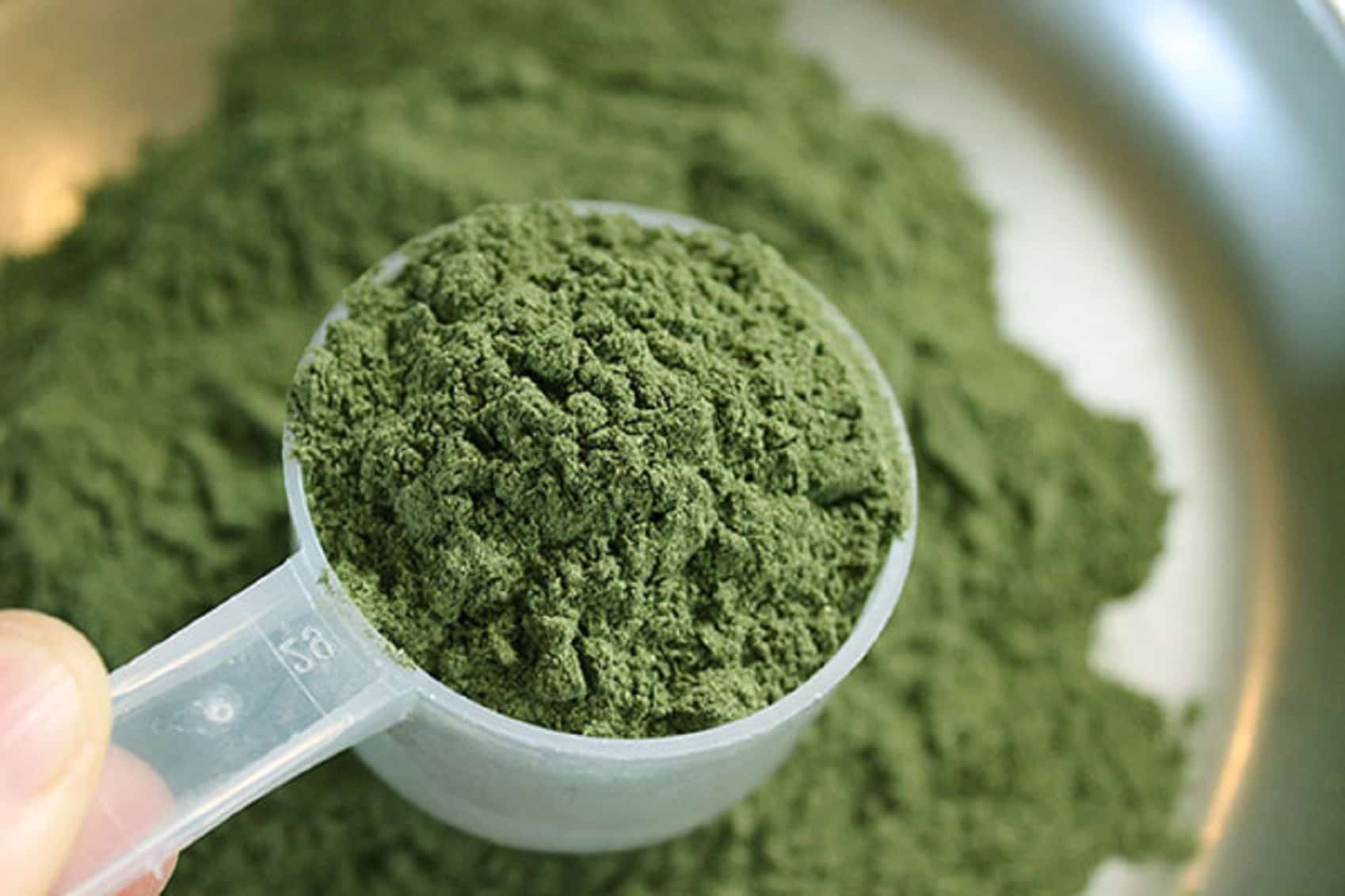Contents:
- Medical Video: What Causes Osteoarthritis Joint Disease? - Manipal Hospital
- Autoimmune
- Inflammation
- Degenerative
- Infection
Medical Video: What Causes Osteoarthritis Joint Disease? - Manipal Hospital
Your joint has a difficult job. They work hard to support your weight, help with various body movements, and are often used. Often used in everyday life, your joints are sometimes vulnerable to various types of disorders. This can include autoimmune, inflammatory, degenerative or infectious conditions.
Before understanding various types of joint disorders, you must know how your joints work. Joints are places where two bones meet. Cartilage and ligaments are what connect your bones together. There is a fluid called synovial fluid that helps to absorb shock and allows smooth movement. When one of these parts is interrupted, that's when you experience a joint disorder.
The following are various types of joint disorders:
Autoimmune
This type of joint disorder occurs when your body no longer recognizes your own tissue and attacks the joint, which causes inflammation. Common autoimmune joint disorders are rheumatoid arthritis. If you have a type of joint disorder, your immune system will cause damage to the cartilage and connective tissue, which will lose fine texture and become rough. Over time, the cartilage will be weak.
Treatments for autoimmune joint disorders include drugs that will control the immune response and reduce inflammation.
Inflammation
Inflammatory joint disorders are caused by a choice of poor diet, injury or infection. This type of joint disorder causes joints to become red, swollen, and painful. They include disorders such as gout, psoriasis arthritis, and arthritis enteropathy (Crohn's disease). Inflammatory joint disease will have a period of relapse and remission.
The best way to control inflammatory joint disorders is to control inflammation. This is usually done using drugs such as corticosteroids and anti-inflammatory drugs (NSAIDs). You can also control inflammation by identifying the trigger. For example, triggers of gout are foods that produce high levels of uric acid. Foods like red meat and beer.
Another common type of joint inflammatory condition is called bursitis. Which is caused by extreme pressure on the joint that causes the bursa to become inflamed. Bursa is located between the bones that heals the Achilles bone and tendon. Bursitis is usually treated with rest.
Degenerative
Degenerative joint disorders are the most common of joint diseases. These include dislocations, sprains and other injuries or joint damage. Pain is not always the first symptom of degenerative joint disorders. For some conditions tissue damage in the joints can worsen over time, which causes cartilage to become rough and loss of joint fluid. This causes your joints to move.
For dislocations and sprains, pain will be an initial symptom and swelling and inability to move. The best way to treat dislocations and sprains is to rest, use ice to reduce swelling, compress and lift joints. This will help speed up the healing process.
Infection
The joints can become inflamed due to infection. This infection can be in the body or joint. Types of joint disorders include conditions such as septic arthritis and Lyme arthritis. Abnormalities of joint infections are usually caused by pathogens in the blood. The process of damage to your joints can be very fast.
Lyme arthritis is caused by a bacterial infection that is transmitted through tick bites. Symptoms include rashes, fatigue and flu-like symptoms. Bacteria will travel to the joints and cause tissue damage. If you suspect yourself of Lyme disease, you must be treated with antibiotics immediately to prevent further damage to your joints.












